Johann Konrad Wilhelm Loehe (1808-1872) served from 1837 to the end of his life as a village pastor in Neuendettelsau, Germany, in the vicinity of Nuremberg. This was a call that Loehe did not covet. However, from this out-of-the way place, Loehe engaged in a ministry and mission that had monumental influence, not only in Germany, but as far away as the United States, Australia, and Papua New Guinea (and also Ukraine – ed.) — places to which Loehe and his successors in Neuendettelsau sent missionaries.
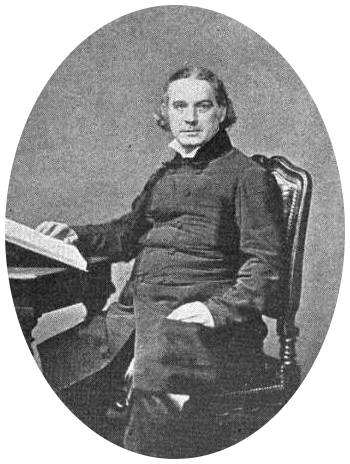
Loehe encountered serious resistance to his ministry early in his career due to his pietistic leanings and for his serious exercise of church discipline against offending church members. He was at the same time a strict Lutheran confessionalist who exercised sharp criticism against the state church. However, Loehe became renowned for his preaching and zeal for mission. Among his many initiatives from Neuendettelsau, he organized a training institute that sent missionaries and pastors to German immigrants in the U.S. Through this initiative, Loehe is considered one of the founders both of the Lutheran Church — Missouri Synod and the Iowa Synod (one of predesessors of the Evangelical Lutheran Church of America – ed.). Loehe also founded diaconal institutions for the handicapped and other people in need that continue to operate to this day, not only in Bavaria but throughout Germany.
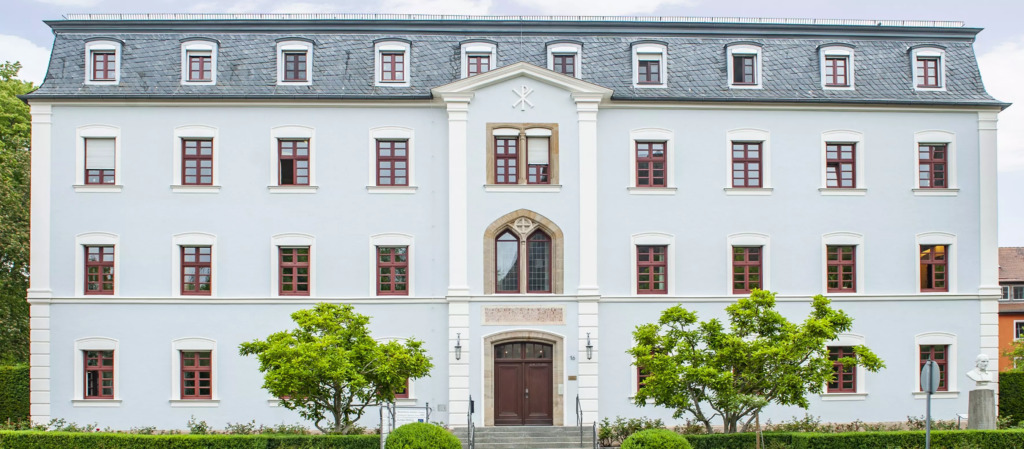
Loehe was an influential author who engaged in historical study of the liturgical traditions of the early church, implementing reforms to the liturgy through the publication of a worship book, which included a strong emphasis on private confession and more frequent celebration of the Lord’s Supper. Loehe published a body of work from a pastoral perspective on many themes, including sermons, devotional writings, works on liturgy, and ecclesiology. But it was primarily through his abilities at organizing — particularly the founding of the mission society and diaconal institutions — that his influence continues to this day.
The theology of Loehe has been aptly described by David Ratke as an “ecclesial theology.” This core insight goes to the very heart of Loehe’s vision. Loehe’s theology was oriented toward church praxis. In Three Books About the Church, Loehe vividly described the place of the church in history: “Springing up on Pentecost and Calvary, the church flows through the ages like a river, and that same river and no other will flow unchangingly on through the ages until that great day when it will empty completely into the famed sea of eternal blessedness.” Loehe entertained a vision of the catholic church through the ages and dared to claim that the Lutheran church, with its confessional clarity, was the fullest expression of that church. As the river named church has continued to flow from the 19th century to the present, what has been Loehe’s legacy to the church in our time?
The ecclesial theology of Loehe has several distinct dimensions that deserve elaboration, for they are themes that inform the influence of Loehe on the churches in America (and not only – ed.) Five aspects of this ecclesial theology are of particular significance: pietism, confessionalism, liturgical renewal, diakonia, and mission.
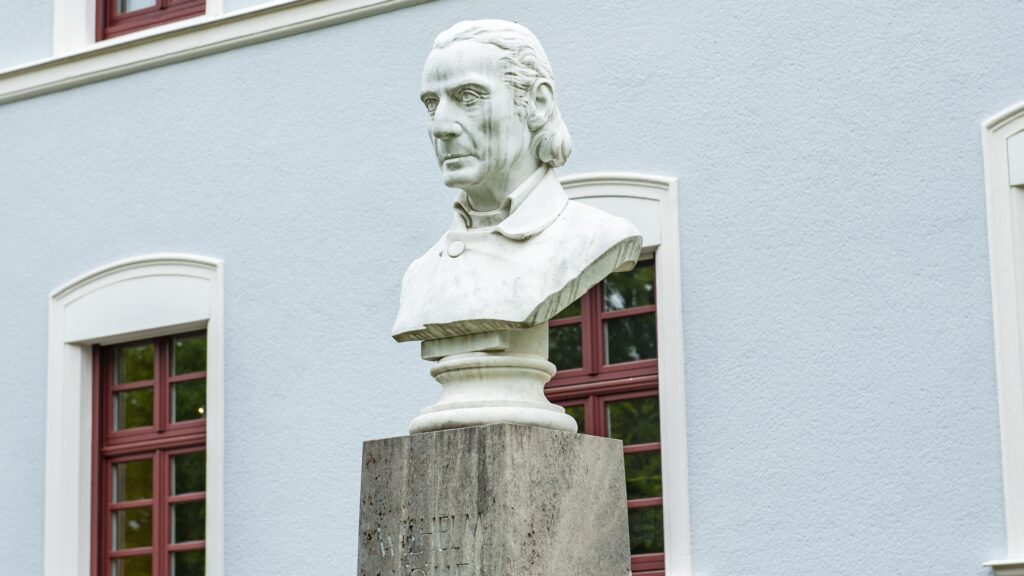
First, the ecclesial theology of Loehe was pietistic. Loehe was influenced by the pietistic revival of his time. His favorite professor at Erlangen, Christian Krafft, was a strong representative of 19th century pietism. Loehe’s pietism gave birth to an early and persistent interest in mission. From his earliest service as a pastor, Loehe became notorious for organizing circles of the pious for the purpose of supporting foreign mission.3 Throughout his ministry, Loehe gave energy to the preparation and publication of devotional materials. This interest continued through his involvement in preparing pastors and teachers to serve the German immigrants in the American Midwest. Pietism gave Loehe a vivid sense of the living God’s activity in human life. Pietism has always been a motivating force for missionary outreach. Loehe is a prime example of how pietism affects the heart to give itself to others.
Second, the ecclesial theology of Loehe was confessional. Reacting against the pressure toward unionism (the unification of Lutherans and the Reformed) placed on the Protestant churches in Prussia and other parts of Germany in the 19th century, Loehe became a strong defender of Lutheran confessional identity. Loehe valued the Lutheran tradition for preserving the Gospel of Jesus Christ in its purity. He feared the loss of doctrinal purity should the Lutheran church become forcibly reunified with the Reformed. Moreover, he resisted the imposition of such reunification at the hands of the government. Loehe was deeply convinced that the Lutheran church most perfectly preserved the essence of Christian teaching. This was a conviction he shared with other Lutheran leaders of the period.
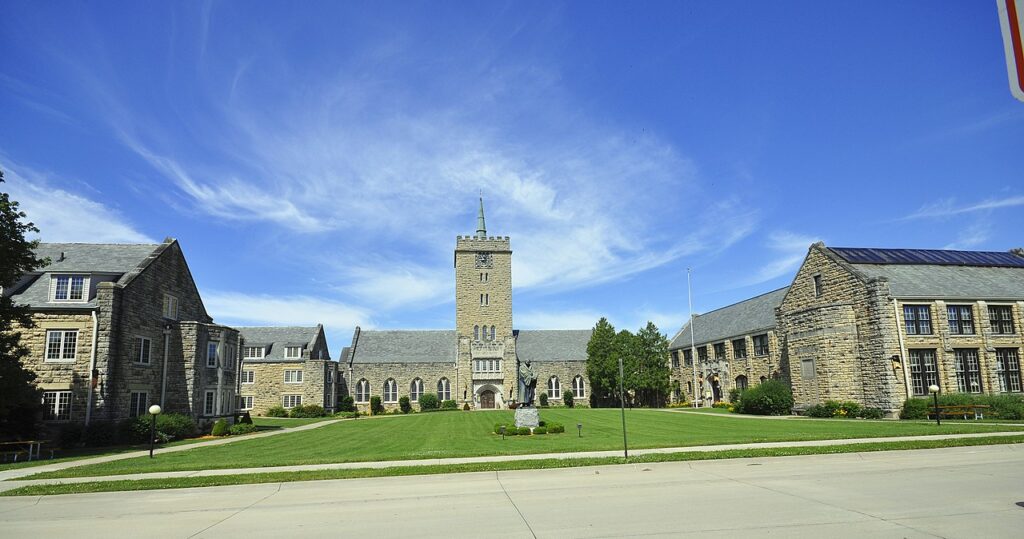
Third, the ecclesial theology of Loehe was liturgical. Loehe engaged as a scholar in serious study of the liturgical traditions of the early church. These studies became the basis for the liturgical order he developed for use not only in his own congregation but which also was published for use throughout the Lutheran church in Germany and the U.S., commonly known as Loehe’s Agende. Loehe had a deep appreciation for the liturgical pattern of worship and believed this form facilitated the encounter of the worshipping assembly with the living God. His efforts to reconstruct the historic liturgical rite were an original contribution to the renewal of parish life in his time. This included a strong emphasis on the sacraments and the reintroduction of a weekly service of Holy Communion. Loehe even implemented the rite of private confession as preparation for coming to the Lord’s Table. God is the primary actor who comes to us in Word and sacrament at worship. This conviction fed Loehe’s imagination that the God who comes to us in Word and sacrament also is the God who is at work saving the world. Loehe’s contributions to the field of liturgical renewal continues to exercise an influence on the development of worship materials to the present day.
Fourth, the ecclesial theology of Loehe was diaconal. Loehe’s understanding of the church’s ministry included the recovery of its diaconal function. He took initiative in the founding of a deaconess order and the charitable institutions that continue to minister in Germany to this day. Building upon the restoration of diakonia by August Francke in the 18th century, the implementation of a deaconess order by Theodor Fliedner in the 1830s, and informed by the model of his contemporary, Johann Wichern, Loehe forged a distinctive contribution to the service of the church in the world. He viewed the diaconate as a vital dimension of the work of the church in the New Testament and reclaimed it as core to the “inner” mission of the church. Organizing this work into a deaconess institute, the ministry of the church was extended to many persons in need, including the sick, dying, poor, the handicapped, and the elderly. Neuendettelsau deaconesses were also active in education of the young.
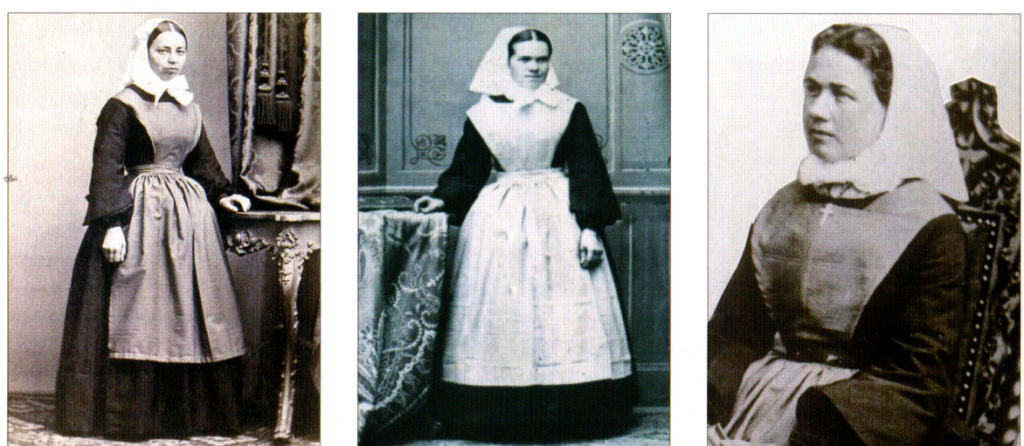
Fifth, the ecclesial theology of Loehe was missional. The church of God through the ages is a church in motion: “For mission is nothing but the one church of God in its movement, the actualization of the one universal, catholic church…. Mission is the life of the catholic church. Where it stops, blood and breath stop; where it dies, the love which unites heaven and earth also dies. The catholic church and mission — these two no one can separate without killing both, and that is impossible.” Loehe exercised a profound imagination for the church in mission. In fact he fundamentally viewed all the work of the church as mission, either Inner Mission or Outer Mission. The focus on Inner Mission came to clear expression in his parish ministry among the people of Neuendettelsau and in his efforts to organize ministry for the German immigrants to the United States. The focus on Outer Mission came to expression in an exceptional way in his desire to see the Gospel proclaimed to Native Americans. One might assert that all the other characteristics of Loehe’s ecclesial theology — the pietistic, confessional, liturgical, and diaconal dimensions — all finally served this interest in mission.
From the editors of the site: Lehe’s influence also spread to Ukraine. Deaconesses from Neuendettelsau served in Odessa and Bessarabia. The institute of theological education established by Lohe in the 1930s trained ministers for the Lutheran congregations that served in Ukrainian lands under Polish rule.
Craig L. Nessan is Academic Dean and Professor of Contextual Theology at Wartburg Seminary.
